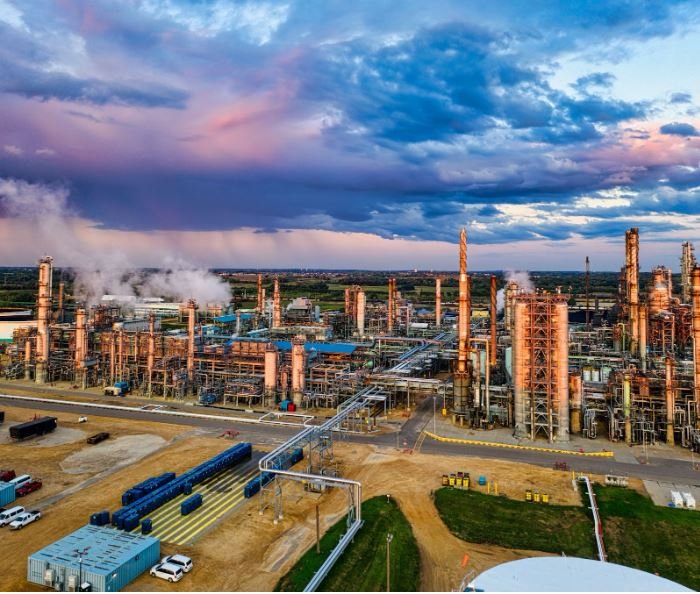Q: What is gold and why has it been valuable for so long?
A: Gold is a chemical element and precious metal that has been used for coinage, jewelry, and various industrial purposes for thousands of years. Its value lies in its rarity, durability, and versatility. Its unreactive nature makes it long-lasting, and it has a unique combination of chemical and physical properties that make it useful in a wide range of applications.
Q: Why should one invest in gold?
A: Investing in gold offers multiple benefits. It serves as a hedge against inflation, provides a safety net in times of economic uncertainty, and diversifies an investment portfolio. Its low correlation with traditional assets like stocks and bonds makes it a good option for risk management.
Q: How does gold affect economies, particularly in developing countries?
A: In developing economies, gold can serve as a form of currency backing, enhancing the value and stability of a nation’s money. It can also act as an alternative to hard currency reserves for international trade, attract foreign investments, and provide employment and community development through local mining activities.
Q: Can gold contribute to sustainable development?
A: Absolutely. When managed responsibly, gold mining can bring about economic development in areas that are often remote and lacking in other resources. It can generate jobs, lead to the creation of infrastructure, and the revenues can be reinvested into local communities. It has the potential to uplift regions economically and socially.
Q: How is gold impacted by geopolitical factors?
A: Geopolitical tensions often lead to an increased demand for gold as a ‘safe haven’ asset. During times of conflict or political uncertainty, investors tend to flock to gold, driving up its price. This can benefit countries with significant gold reserves or production capabilities.
Q: What role does gold play in financial markets?
A: Gold is considered a ‘safe-haven’ asset in financial markets. In volatile times, it’s often one of the go-to investments for both institutional and individual investors. Its price often moves inversely to the stock market, making it a valuable diversification tool.
Q: How does the demand for gold affect its price?
A: The price of gold is influenced by various factors, including supply and demand, geopolitical events, and economic indicators like inflation and interest rates. High demand, either for industrial use or investment, will generally drive up the price.
Q: How do developing economies benefit from rising gold prices?
A: Developing economies that are major gold producers stand to gain considerably from rising gold prices. Increased revenues from gold exports can strengthen these countries’ balance of payments, bolster their currency, and provide them with the financial means for further development.
Q: What risks should one consider when investing in gold?
A: While gold is generally considered a safe investment, it’s not entirely risk-free. Prices can be volatile and are influenced by a range of factors. Also, if you’re investing in physical gold, there are storage and insurance costs to consider.
Q: What’s the future of gold in a digitized economy?
A: Despite the rise of digital currencies and assets, gold’s intrinsic value and historical significance make it irreplaceable as a form of investment and a financial stabilizer. Its role may evolve, but it’s unlikely to diminish in a digitized economy.


